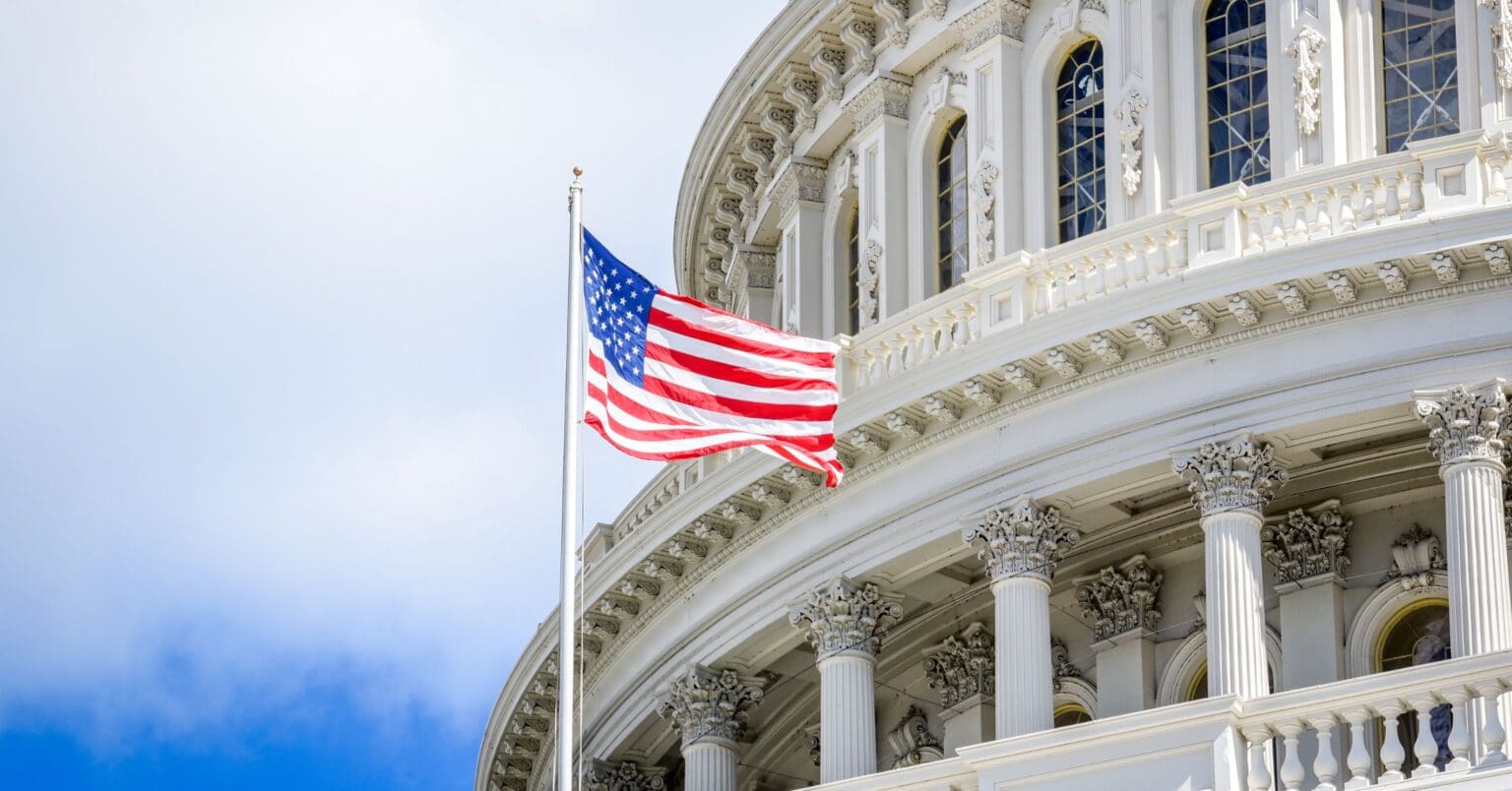House Set to Vote on Stopgap Bill as Shutdown Deadline Nears
Back to News
The House is scheduled to consider a Republican-backed Continuing Resolution (CR) on Friday morning that would extend government funding through November 20. The measure, billed as a “clean” extension, also includes $30 million for enhanced security for federal officials following heightened safety concerns in the wake of the Charlie Kirk assassination.
Democrats in both chambers have countered with a proposal to keep the government open until October 31. Their plan would also permanently extend the Affordable Care Act’s enhanced premium tax credits and reverse Medicaid cuts enacted in the recent budget reconciliation package. Although some Republicans have expressed interest in addressing the expiring subsidies, GOP leaders have ruled out making such policy changes in a short-term CR.
The two proposals highlight the growing divide as Congress faces a September 30 deadline to avert a shutdown. Republicans argue their CR is a straightforward bridge to give appropriators more time to finalize full-year spending bills. Democrats maintain that certain policy issues, particularly the aforementioned health care provisions, must be addressed as part of the process.
For his part, Speaker Mike Johnson (R-LA) faces a razor-thin margin to secure passage, with Democrats opposed and several conservatives reluctant to support any stopgap extension. Some House Republicans are also calling for additional member security funding. At full attendance, Speaker Johnson can afford to lose only two votes without Democratic support. Should the House approve its plan, the measure will head to the Senate, where bipartisan support will be required to overcome a filibuster. Senate leaders from both parties have already signaled differences over how broad a stopgap should be, adding to the uncertainty.
With under two weeks left, the path forward remains unclear. Narrow margins in the House, competing visions for a CR, and little time on the clock have heightened the risk of a shutdown at the end of the month.
USDA, DOI Announce New Wildfire Response Reforms
On September 15, USDA Secretary Brooke Rollins and Interior Secretary Doug Burgum issued a joint memo outlining a series of reforms that are intended to modernize and strengthen the federal wildfire response system. The actions implement President Trump’s Executive Order 14308, Empowering Commonsense Wildfire Prevention and Response, with the goal of unifying federal operations, improving coordination with state, local, and Tribal governments, and modernizing the tools available to fire management teams.
A central piece of the announcement is the creation of the U.S. Wildland Fire Service, which will consolidate all federal wildland fire agencies under the Department of the Interior by January 2026. According to administration officials, the consolidation will streamline capabilities that have long been split across agencies and reduce the fragmentation that has slowed past wildfire response efforts.
The announcement detailed several major reforms, including the establishment of a joint federal firefighting aircraft service, standardization of the Emergency Firefighter Program, and the creation of a centralized contracting, procurement, and payment center. The departments also plan to build a government-wide Wildfire Enterprise IT System and develop a unified wildfire risk mapping tool.
House, Senate Lawmakers Propose Extending Tax Relief for Wildfire Survivors
Last week, Representatives Doug LaMalfa (R-CA) and Mike Thompson (D-CA) introduced bipartisan legislation – the Protect Innocent Victims of Taxation After Fire Extension Act (H.R. 5225) – that would extend through 2032 the federal tax exemption for wildfire-related settlement payments. This would ensure that survivors are not taxed on compensation for housing, wages, personal injury, or other disaster-related losses from federally declared fires.
This measure builds on the Federal Disaster Tax Relief Act, enacted in December 2024, which provided the same protections for survivors of disasters occurring between 2020 and 2025. In addition to extending the timeline, H.R. 5225 would streamline the process by allowing survivors to claim the exemption in the year they receive payments, eliminating the need to file amended tax returns and wait for IRS refunds.
If enacted, the legislation would provide long-term certainty for disaster victims navigating the recovery process and help reduce the financial and administrative burdens they face in the aftermath of disaster.
Separately, a related bill (S. 2744; H.R. 5366) proposed by Senators Adam Schiff (D-CA) and Rick Scott (R-FL) would extend similar tax relief to survivors of any federally declared disaster through 2026.
Senators Schiff, Padilla Seek Clarity on AI Data Center Permitting
Last week, Senators Adam Schiff (D-CA) and Alex Padilla (D-CA) sent a letter to the U.S. Army Corps of Engineers and the U.S. Environmental Protection Agency seeking clarification on President Trump’s July 23 executive order related to data centers and energy infrastructure.
The executive order directs federal agencies to review whether large-scale data center projects should qualify for a new nationwide permit under the Clean Water Act. Nationwide permits are typically used for activities with minimal environmental impact, allowing projects to move forward without undergoing a more individualized review process. Applying such a permit to data centers could streamline approvals at a time when demand for these facilities is rapidly growing.
In their letter, the senators pointed to projections showing that AI-related infrastructure could account for up to 12% of total U.S. electricity consumption by 2028 and require millions of gallons of water per day for cooling at larger facilities. They asked the agencies to outline how they intend to implement the executive order while ensuring that potential impacts on water quality and natural resources are addressed.